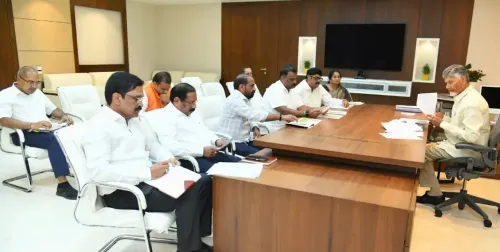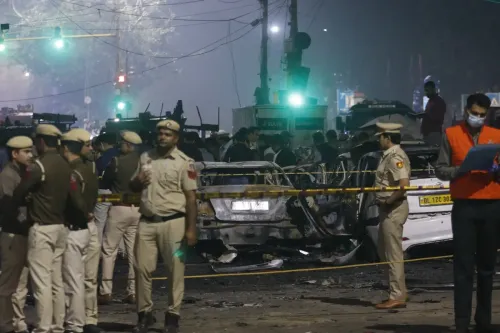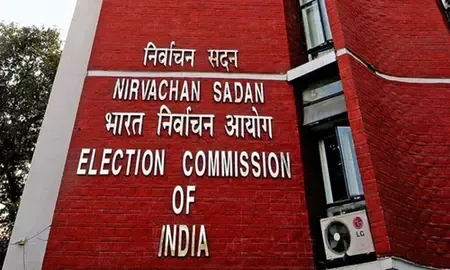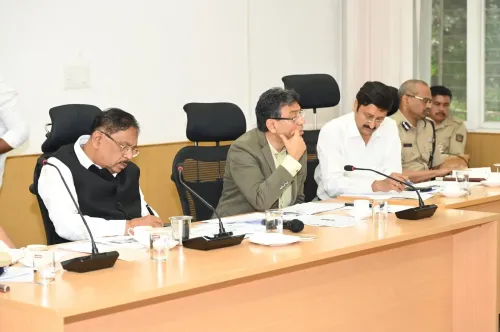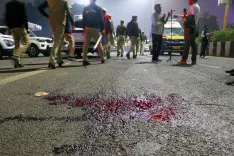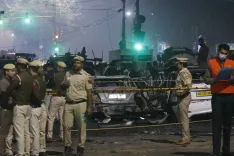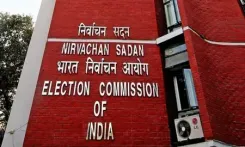Will Kurmi caste organizations in Jharkhand, Bengal, and Odisha succeed with their rail roko from September 20?
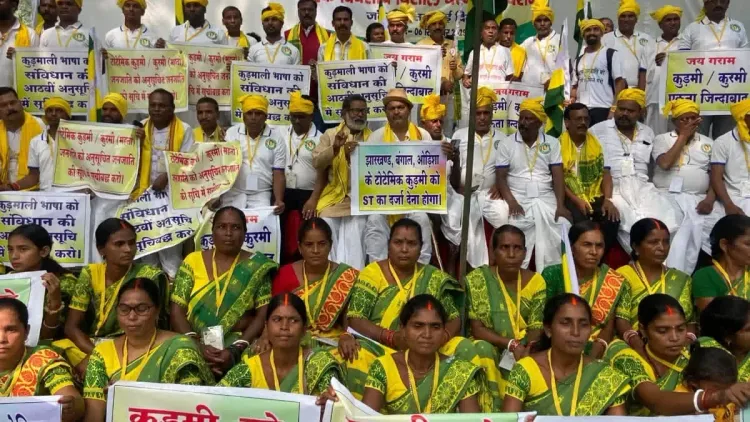
Synopsis
Key Takeaways
- The Kurmi community demands ST recognition.
- Scheduled protests start on September 20.
- Authorities have enhanced security measures.
- Previous protests led to significant disruptions.
- Community leaders stress the lack of government action.
Ranchi, Sep 18 (NationPress) Organizations representing the Kurmi caste in Jharkhand, West Bengal, and Odisha have initiated a rail roko protest starting September 20 to advocate for their long-standing demand for recognition as part of the Scheduled Tribe (ST) category.
In light of this announcement, both police and railway officials have enhanced security measures across vulnerable areas.
The Jharkhand Police confirmed that comprehensive security protocols are established, with additional personnel and magistrates assigned to regions identified as potential protest sites.
Intelligence agencies have also alerted railway management regarding possible disruptions in train services.
In Jharkhand, demonstrators are anticipated to obstruct railway tracks at several major stations and junctions, including Muri, Gomoh, Neemdih, Ghaghra, Chandil, Hansdiha, Chhota Gamharia, Dumri, Ganjia Barrage, and Parasnath.
Officials have emphasized that prioritizing passenger safety, maintaining public order, and safeguarding railway assets will be of utmost importance during the protest.
This is not the first instance of such a demonstration. In September 2023, thousands of Kurmi members halted train operations across Jharkhand, Odisha, and West Bengal for five consecutive days by occupying railway tracks. The protest was called off following discussions with government representatives.
However, Kurmi leaders claim that no tangible progress has been made since those negotiations. "The government has not acted on the matters agreed upon during discussions. Therefore, we have no choice but to resume our protests," stated Sheetal Ohdar, President of the Totemic Kurmi Vikas Morcha (TKVM) in Jharkhand.
The Kurmi community, currently categorized as Other Backward Class (OBC), has been striving for ST recognition for many years. They argue that lacking ST status denies them sufficient representation and reservation benefits in education and job opportunities.
Just the previous week, Kurmi organizations held a protest at Jantar Mantar in New Delhi to amplify their demands.
In West Bengal, Kurmi groups had also planned a rail roko movement last year. Nevertheless, the Calcutta High Court ruled the blockade unlawful and mandated the state to ensure uninterrupted railway services.

